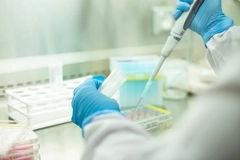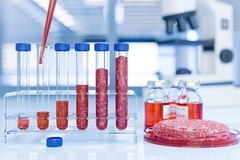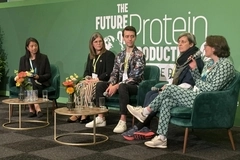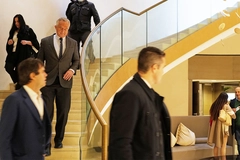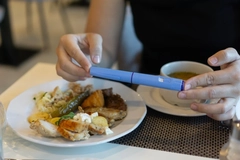
- Industry news
Industry news
- Category news
Category news
- Reports
- Key trends
- Multimedia
- Journal
- Events
- Suppliers
- Home
- Industry news
Industry news
- Category news
Category news
- Reports
- Key trends
- Multimedia
- Events
- Suppliers
Vow secures Australia approval for cultivated quail to usher in “new era” for alt-meat
Australia has officially approved the sale of Vow’s cultured meat, marking a “landmark moment for the future of food” and shifting the global momentum away from the US, where the industry faces a flurry of state-level bans.
The approval required changes to the Food Standards Code, following a rigorous multi-year food safety assessment by Food Standards Australia New Zealand (FSANZ).
Vow’s cultivated Japanese quail is sold under the Forged brand and has been in high demand in Singapore since it debuted at restaurants there last year, with a 200% month-over-month growth in the country.
In the coming weeks, the cultured Japanese quail will debut in Australian institutions like NEL in Sydney and Italian outpost Bottarga in Melbourne, “ushering in a new era for chefs and diners alike,” says the firm.
The move marks a significant milestone in food culture, according to Vow founder and CEO George Peppou.
“Australia has always punched above its weight when it comes to food — we’re a country of curious, creative, deeply thoughtful chefs and diners,” says Peppou.
“To now be able to offer something completely new, not an imitation, but a new category of meat is something we are incredibly excited about. While other markets face regulatory uncertainty, Australia is embracing innovation, and consumers are ready to try something new and delicious.”
Vow will collaborate with chef and restaurateur Mike McEnearney to showcase its cultured quail at his Sydney restaurant Kitchen by Mike and the soon-to-open 1Hotel in Melbourne, which aim to introduce the hospitality industry to a “new way of thinking about meat.”
Overcoming consumer skepticism
Vow’s cultured quail is not approved for direct retail sale as a standalone product by FSANZ, and is being utilized in the foodservice industry. It can be included as an ingredient in retail food products.
.jpg) Vow’s cultured quail is featured in high-end dishes like whipped pâté, foie gras, and tallow candles in Sydney and Melbourne.In April, the company received regulatory approval to use its cultured quail cells as a novel food ingredient in products to be marketed and sold in Australia and New Zealand after receiving the “safe to eat” greenlight for the ingredient in 2023.
Vow’s cultured quail is featured in high-end dishes like whipped pâté, foie gras, and tallow candles in Sydney and Melbourne.In April, the company received regulatory approval to use its cultured quail cells as a novel food ingredient in products to be marketed and sold in Australia and New Zealand after receiving the “safe to eat” greenlight for the ingredient in 2023.
Vow says these “success metrics” directly counter the skepticism voiced by some that cultured meat cannot scale or gain acceptance among consumers.
In May, Vow achieved what it calls the largest cultured meat harvest in history, 538 kg, and has since produced over 818 kg of Japanese quail in a single week. The Sydney-based start-up developed the world’s largest food-grade cell culture reactor, with a 20,000-liter capacity. It has expanded to 35,000 liters in its second factory, built 20-50 times cheaper than competitors.
By the end of 2025, Vow expects to scale production to 130,000 kg annually, significantly surpassing other cultured meat companies.
“The appetite for what’s next is already clear,” says Peppou. “This isn’t theoretical anymore — it’s a new category of meat that hasn’t just been accepted, it’s been embraced.”
